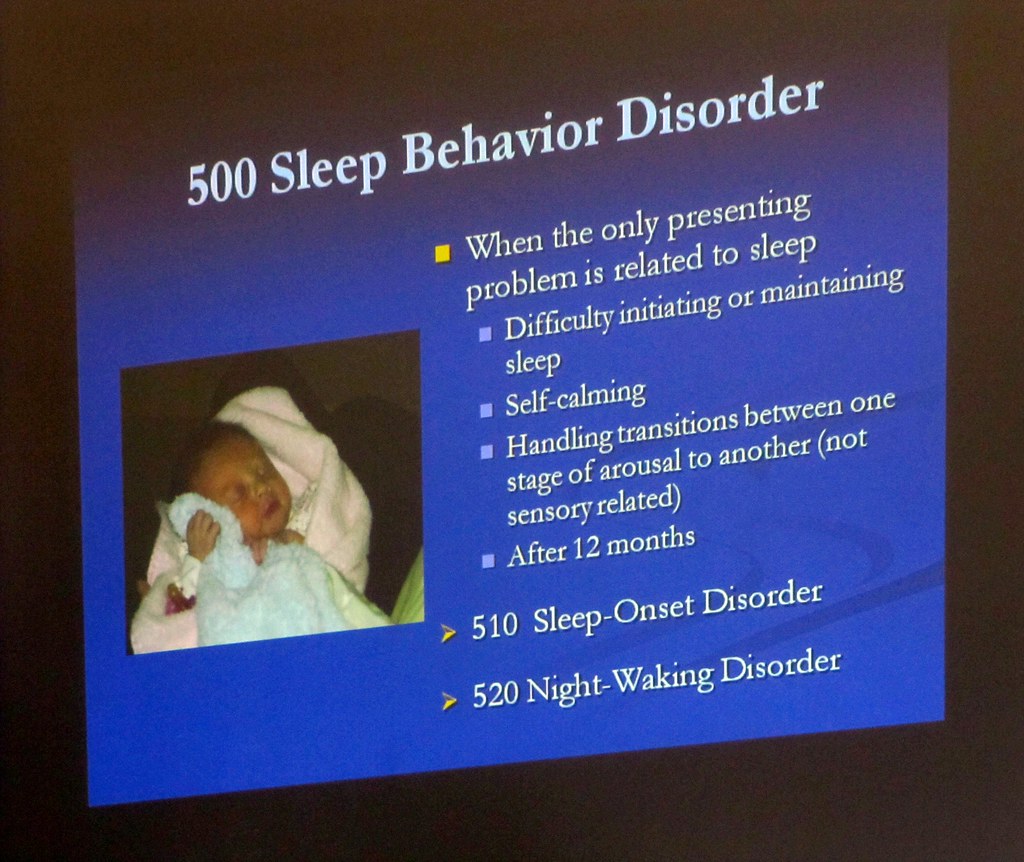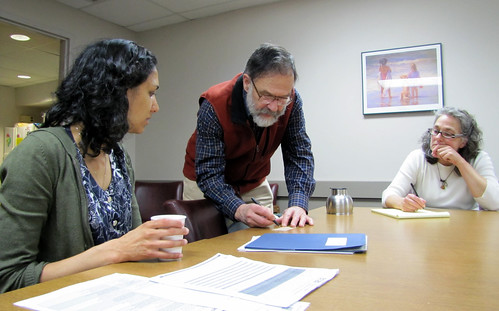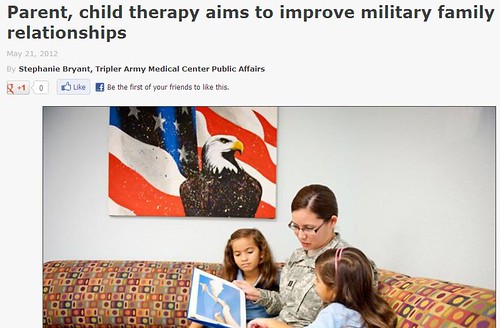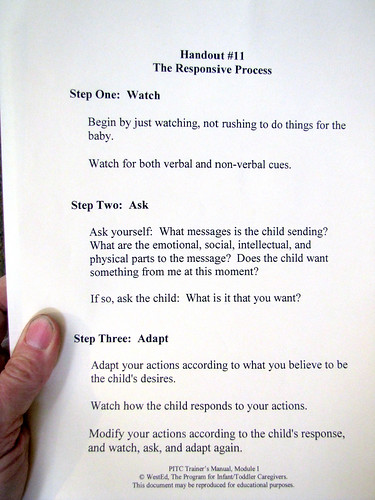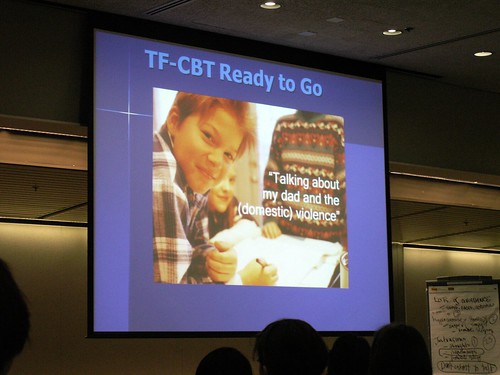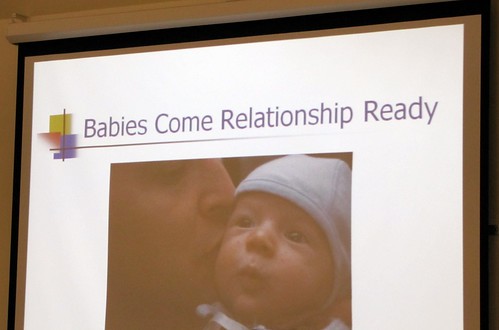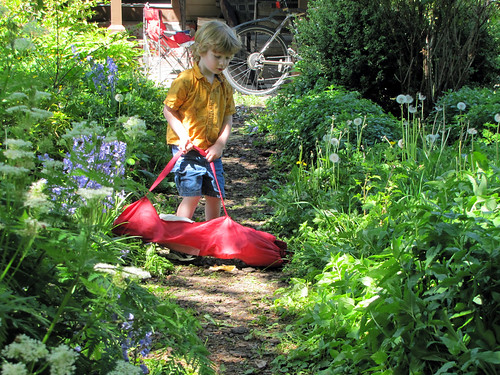For two years, researchers at the Infant Behavior, Cry and Sleep Clinic at Women & Infants Hospital of Rhode Island followed 61 families whose babies had problems with colic, excessive crying and poor sleep.
The experience of providing INFANT and EARLY CHILDHOOD MENTAL HEALTH consultation, from the perspective of providers on the Kitsap and Olympic peninsulas of Washington State
Tuesday, May 29, 2012
On Integrated Care for Crying Infants: Team troubleshooting baby's distress
Wednesday, May 23, 2012
On Why the U.S. Has a Sick Care System Not a Health Care System: Underuse of prevention and early intervention
- disrupted neurodevelopment,
- social emotional and conigitive impairment,
- adoption of health-risk behaviors,
- disease, disability and social problems,
- and early death.
On an Incredible Answer to Violence in Our Society: Prevention
Tuesday, May 22, 2012
On Allowing Teachers to Teach: Positive Behavior Support reduces challenging behaviors in classrooms
Listen to Linda Broyles, Deputy Director of SEK-CAP, Inc., in Kansas talk about how implementation of the Pyramid Model transformed their early childhood program from one where challenging behaviors were a consistently present problem to one where behavior is rarely an issue and teachers are able to focus their time and effort on teaching.
On Improving Military Family Relationships: Parent Child Interaction Therapy for resiliency-building
"What makes us different from other PCIT programs is that this is the first time this (treatment) has been looked at with military families," Fernandez explained. "The research shows that there is an increase in disruptive behaviors in kids, more marital problems and more child mistreatments (due to the increase in deployments.)" This intervention therapy has been shown to effectively reduce behavior problems in young children, improve the parent-child relationship, and reduce parenting stress and depression.
Sunday, May 20, 2012
On the Forest and Garden As Classrooms: Very science-y for preschoolers

The garden also teaches kids more about what is involved in creating food and how food grows.
“A lot of our children have never seen that,” she said. “The children are really fascinated by food and it is very ‘sciency’ too because they learn about biology.”
Tindall said that a lot of other types of learning happen in the garden too.
“They learn to be careful with things that are delicate,” she said. “They learn what helps things to grow and they learn to care.”
Saturday, May 19, 2012
Friday, May 18, 2012
On Serving Young Children in Shelters: Responsiveness to need
The number of infants and young children affected by homelessness and domestic violence is growing, and the effect of these experiences on children is wide-ranging. Early childhood mental health consultation (ECMHC) has expanded to these settings to help the adults attend to very young children whose needs are often obscured by families' crises. Recent research in ECMHC to childcare has cited the salience of the consultant–consultee relationship as the central contributor to positive change in caregiver's behavior and children's experience. This article explores the similarities and variations in the consultant's way of being that are necessary to expand this relationship-based ECMHC model to adult-focused settings. This has incorporated a combination of consultative shifts: expanded training, appreciation for families' survival priorities, attention to the effects of unavoidable adult decisions on children, increased tolerance for the affect this raises in parents and caseworkers, and greater efforts to create space for reflection and thinking. Caseworkers' attenuated contact with and limited prior knowledge about young children creates challenges in identifying and responding to concerns about children. The particular systemic and relational difficulties that emerge in shelters and that influence caseworkers' responsiveness to clients are explored.
My current work involves consultation with a young mother in a domestic violence shelter and the Early Had Start home visitor meeting with this first-time mom weekly. -gw
Thursday, May 17, 2012
On Finding Super-moms: And paying them to foster young children
Do you have a pulse? That doesn't qualify you to be a foster parent. -gw
Zeneah laments, “The biggest disappointment in my career was in the 1980s, when relationships and relationship disorders were getting attention, but little research was done. We still don’t have good descriptions of relationships themselves, so we can’t communicate effectively about the problems we are dealing with. Even so, we know quality parenting matters. But when it comes to foster care parents, we’re desperate. Please take this kid. Do you have a pulse? Instead, we should figure out who’s really good at mothering and use marketing to recruit them. So much involves the commitment to the child. That’s one thing we can improve.”
He recommends finding and paying super-moms. By all means, do everything you can to improve mother/child relations. But if and when that fails, intervene with someone really good.
Harold’s behavior tells us his second foster parent has the super-mom chops. Support more of the likes of her. Create professional super-mom jobs AND develop a healthier bunch to join the workforce later on.
Wednesday, May 16, 2012
On Cooking in the Kitchen: Give your preschooler a peeler
Give a child meaningful work to do. "Here, Daniel. Please take this camping chair to the garage." I could have taken it myself, but giving him the task makes him feel special, provides a learning experience, and enhances the bond between us."
Let's not let our children grow up in isolation. Let's allow them to be around us, so they can imitate us, hang with us. Cooking in the kitchen? Give your child a carrot and a dull peeler and have him have at it. -gw
Tuesday, May 15, 2012
On Early Childhood Conference Over: The digesting begins
I took more than 1000 photos and video clips at the 2012 Early Childhood Conference in Tacoma. There is a lot to process and a lot to digest. Here is a smattering of sets from some of the presentations I attended. Expect fuller recounting on specific workshops in the weeks ahead. -gw
On Leading Edge Videos Up: On toxic stress, psychotropic drugs, and PCIT

The National Training Institute sponsored by Zero to Three takes place each year in the fall. Videos from the 2011 institute are up on toxic stress, psychotropic drugs and foster care, and, as Chris pointed out to me, on the Parent Child Interaction Therapy model and American Indian families, and can be found via the link below. Thanks Chris. -gw
http://www.zttnticonference.org/home.aspx
On TACSEI-ing Down the Runway: A challenging behavior website ready for lift-off
As I was reminded again through my attendence at the 2012 Early Childhood Conference in Tacoma, one of the go-to sites for addressing behavior concerns with young children carries the somewhat mysterious acronyms TACSEI. Sounds like ... "taxi."
The Technical Assistance Center on Social Emotional Intervention for Young Children (TACSEI) takes the research that shows which practices improve the social-emotional outcomes for young children with, or at risk for, delays or disabilities and creates FREE products and resources to help decision-makers, caregivers, and service providers apply these best practices in the work they do every day. Most of these free products are available right here on our website for you to immediately view, download and use. TACSEI is a five-year grant made possible by the U.S. Department of Education, Office of Special Education Programs
http://www.challengingbehavior.org/
Look at the URL. What TACSEI is REALLY about is CHALLENGING BEHAVIOR. It is a really BIG site with LOTS about THAT on it.
Something else I noticed ... TACSEI is on Flickr.
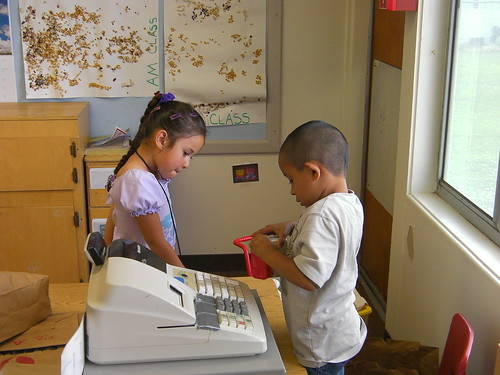
Check out these photo collections on their Flickr site. -gw
Effective Workforce
High Quality Supportive Environments
Intensive Intervention
Targeted Social Emotional Supports
Nurturing and Responsive Relationships
